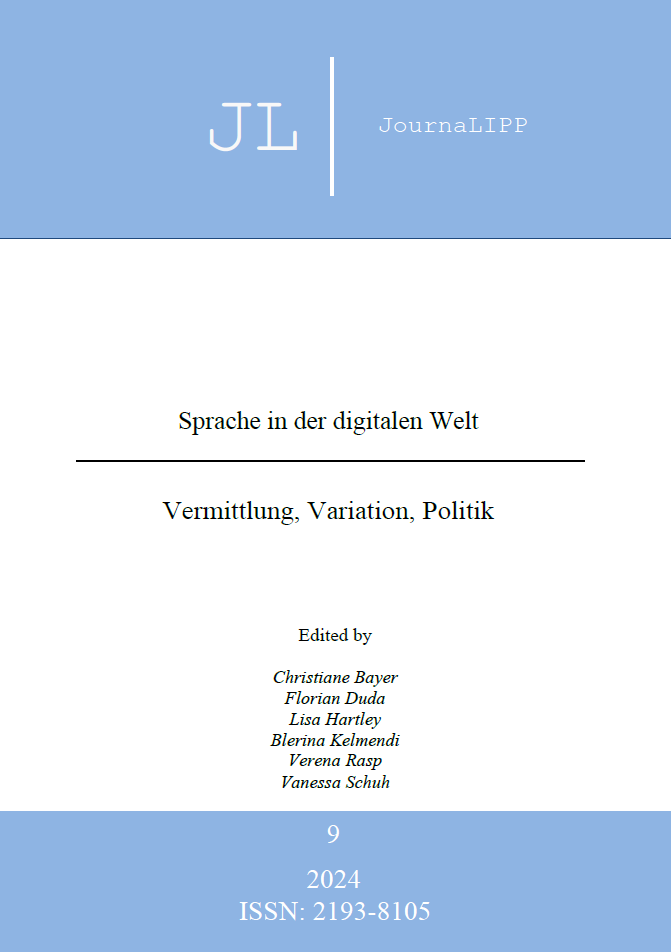Abstract
Successful environmental policy often depends on the interpretation of large amounts of landscape data and its classification. However, classification remains challenging. Improper categorisations cause problems in local communities and endanger sustainable landscape initiatives.
From a linguist’s perspective, I revisit interdisciplinary research methods that are apt to assist landscape planning and policy to overcome classificatory challenges. By juxtaposing scientific perspectives that are relevant for landscape research, I argue that linguists are equipped to interpret landscape data in a way that is sensitive to cultural and linguistic diversity. Interdisciplinary research collaborations between geographers, linguists, cognitive and computer scientists most effectively address environmental challenges that prevail globally, but are affecting each community in a different way.

